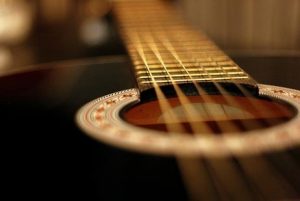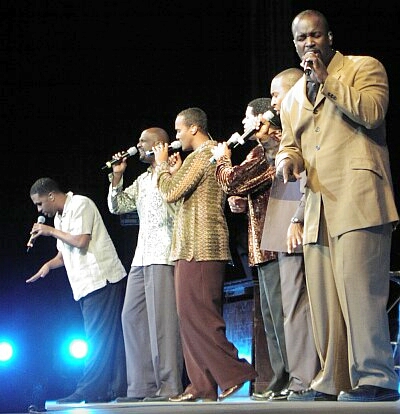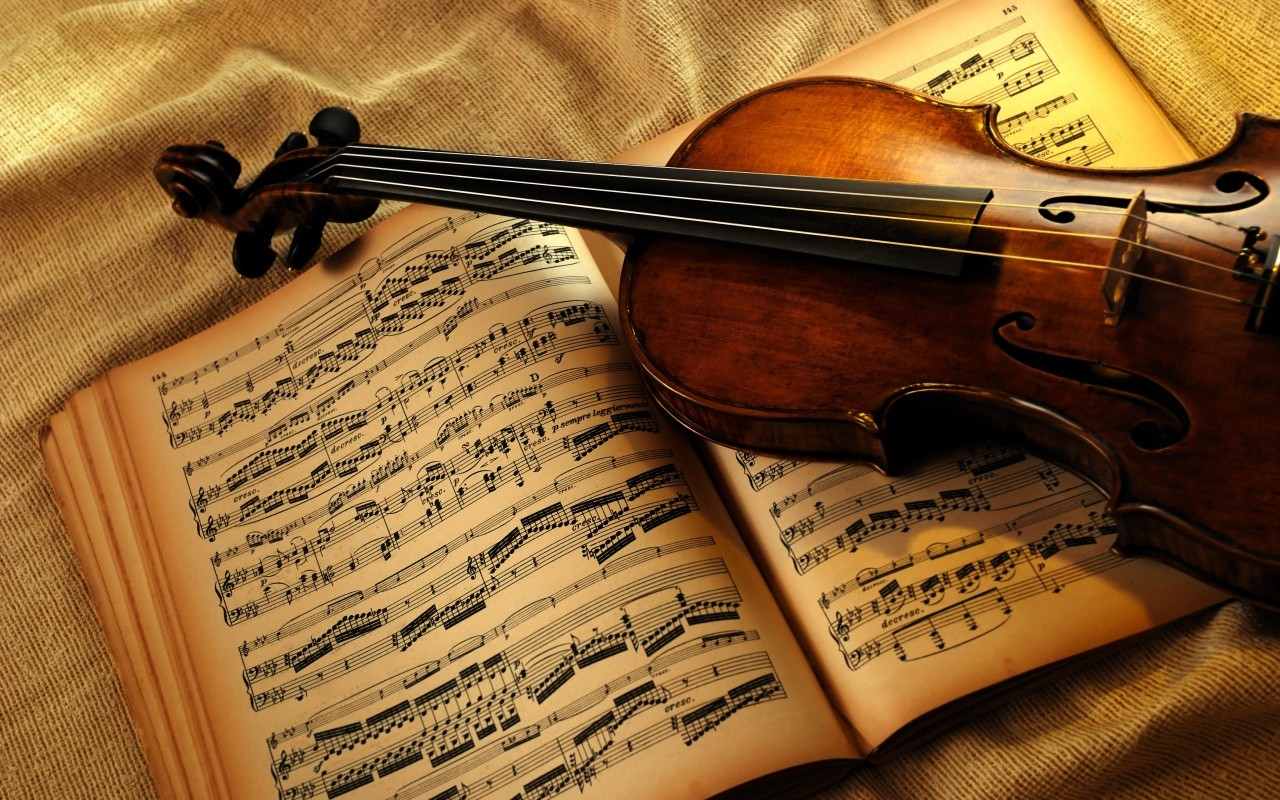Ballad
 A ballad is a narrative of a fantastic or dramatic nature. The word itself comes from the Italian “ball”, which means to dance. Once upon a time ballads were called dance songs. In the middle of the century ballads turned into narrative songs. They told about historical events, about people’s life, about knightly deeds. The most common theme of the German ballads was the exposure of the rich, who deceived the people and profited from it. And in the English ballads, which arose from the peasant heroic songs, it was told about the good advocate of the poor Robin Hood. There was a period when the ballad was reborn into a purely literary genre. It became poetry, but the melodiousness of the rhythm was preserved in them, and they were chanting.
A ballad is a narrative of a fantastic or dramatic nature. The word itself comes from the Italian “ball”, which means to dance. Once upon a time ballads were called dance songs. In the middle of the century ballads turned into narrative songs. They told about historical events, about people’s life, about knightly deeds. The most common theme of the German ballads was the exposure of the rich, who deceived the people and profited from it. And in the English ballads, which arose from the peasant heroic songs, it was told about the good advocate of the poor Robin Hood. There was a period when the ballad was reborn into a purely literary genre. It became poetry, but the melodiousness of the rhythm was preserved in them, and they were chanting.
In Russian art, ballads first appear in poetry in the era of romanticism. This genre was especially fond of V.A. Zhukovsky. He was a master of poetic translation and made many pearls of the world poetic art the heritage of Russian literature. His ballads became the basis of musical works. Following the poets, the composers turn to this genre: Mussorgsky (“The Forgotten”), Borodin (“The Sea”), A. G. Rubinstein (“The Ballad”).
One of F. Schubert’s remarkable vocal works is the ballad “Forest King” to the words of Goethe in the translation of Zhukovsky. She transfers a dramatic scene – a horse galloping on a horse through a night forest with a sick child. The boy seems to be a fabulous creature that chases him and beckons to him. This is the forest king. Music permeated with anxiety and concern.
A ballad, like a romance, can be an instrumental piece. The first to write them was the Polish composer F. Chopin. Four of his ballads – excited, sublime narration of events and people. A remarkable ballad for piano was written by E. Grieg. This is a story about Norway, about nature, about the times of the legendary trekking of the Vikings. The ballads of F. Liszt, I. Brahms, A. Lyadov are widely known.
Elegy
Home of the elegy – Ancient Greece. The name comes from the Greek (elegos) – a complaint, and in the beginning meant a poetic work, the content of which was exactly the complaint, usually on unrequited love. Later this word acquired a wider meaning. So began to call the poetic, and then the music of thoughtful, sad, mournful nature.
At the end of the 18th century, vocal elegy was common in Russian music, usually associated with a love theme, motives of loneliness, loss, longing. Such are the elegies of Glinka “Doubt”, “Do not tempt me needlessly”, Borodin “For the shores of the distant homeland.” From the middle of the 19th century, an instrumental elegy developed. The piano elegies of Rachmaninov and Kalinikov are very expressive.
Serenade
Serenades were greeting songs that were performed at night in front of the balcony of a beautiful lady. This word is translated from Italian “al sereno” – means “in the open air”.
The serenade was born under the warm blue skies of Italy and Spain. They performed it to the accompaniment of stringed plucked instruments, most often lutes or guitars.
In the 17th and 18th centuries, works for a small orchestra were called serenades. Such serenades were often composed by order of noble persons by composers Haydn and Mozart.
In the XIX century vocal serenade attracted to itself. But this is no longer a song that was performed by a gentleman in front of her lover’s house, but a romance intended for concert performance. Very popular: Schubert’s serenade “My Song”, Tchaikovsky’s “Sleep Child …”, Glinka’s “Here I am, Inesilla”. The content of vocal serenades remained traditional.


